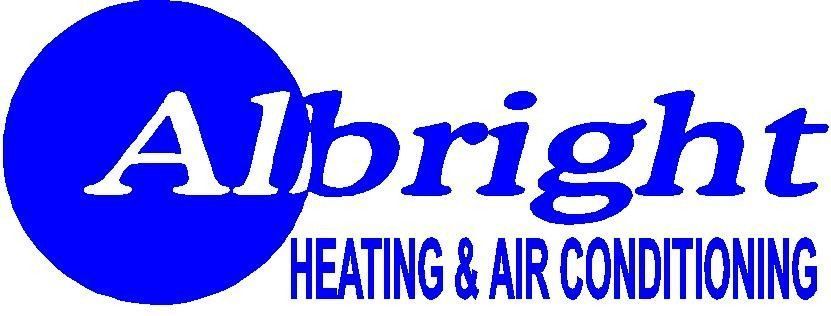40 Years Strong - Thanks To You!
Albright HEATING & AIR CONDITIONING, Serving COLUMBIA Missouri
Frequently asked questions
How often should I schedule maintenance for my HVAC system?
It’s recommended to schedule HVAC maintenance at least twice a year—once in the spring for your air conditioner and once in the fall for your furnace. Regular maintenance helps improve efficiency, prevent breakdowns, and extend the lifespan of your system.
What are the signs that my air conditioner needs repair?
Common signs that your AC unit needs repair include weak airflow, warm air blowing from vents, strange noises, frequent cycling, high humidity levels, and unusual odors. If you notice any of these issues, it’s best to schedule an inspection to prevent further damage.
How do I know if it’s time to replace my furnace?
Signs that you may need a furnace replacement include rising energy bills, uneven heating, frequent repairs, strange noises, excessive dust, and a furnace over 15–20 years old. If your system struggles to heat your home effectively, a new, energy-efficient model may be the best option.
What’s the difference between a heat pump and a furnace?
A heat pump provides both heating and cooling by transferring heat, making it energy-efficient in mild climates. A furnace, on the other hand, generates heat using gas or electricity, making it ideal for colder regions.
What should I do if my heater stops working in the middle of the night?
First, check your thermostat settings, circuit breakers, and air filters. If the heater still doesn’t work, contact a professional HVAC technician for emergency repair services.
How can I improve the airflow in my home?
To improve airflow, clean or replace HVAC filters, ensure air vents are open and unobstructed, use ceiling fans, and schedule duct cleaning if airflow issues persist.
What should I do if my smoke detector keeps beeping?
If your smoke detector is beeping, check if the battery needs replacement or if there is a dust buildup causing false alarms. If it still beeps after troubleshooting, consider replacing the detector.
How quickly can you repair my HVAC system?
Repair times vary, but our team strives to provide same-day or next-day service for urgent HVAC. Contact us as soon as you notice an issue to schedule a prompt inspection.
Will a dehumidifier or humidifier increase my energy bills?
A properly sized dehumidifier or humidifier will not significantly increase your energy bills. In fact, they can improve HVAC efficiency by reducing strain on heating and cooling systems, leading to potential energy savings.
Can an air purifier really improve my indoor air quality?
Yes, a high-quality air purifier can reduce airborne allergens, bacteria, and pollutants, improving indoor air quality. Systems with HEPA filters, activated carbon, or UV-C technology are especially effective in removing contaminants.
What are the benefits of UV lamps in air purification systems?
UV lamps in air purifiers help eliminate bacteria, viruses, and mold spores by destroying airborne contaminants. They work alongside HVAC filters to improve indoor air quality and reduce allergens.
How can I reduce energy costs with my HVAC system?
To lower HVAC energy costs, schedule regular maintenance, replace dirty air filters, install a programmable thermostat, and ensure your home has proper insulation and sealing to prevent energy loss.
How do I know if my carbon monoxide detector needs replacement?
Most carbon monoxide detectors should be replaced every 5 to 7 years. If your unit beeps intermittently or doesn’t respond when tested, it may be time for a replacement.
What are the signs of poor indoor air quality?
Symptoms of poor indoor air quality include excess dust, musty odors, allergy flare-ups, increased humidity, and visible mold growth. An air purifier or improved ventilation can help reduce airborne contaminants.
How often should I replace the air filter in my HVAC system?
Replace standard air filters every 1 to 3 months, depending on factors like pets, allergies, and indoor air quality. HEPA filters may last 6 to 12 months before needing replacement.
Have Any More Questions?
Give us a call or send us a message and we will get back to you as soon as possible!
573-875-7888
Monday- Friday- 7:00- 4:00
(24/7 emergency)
2207 Burlington St., Columbia, MO 65202
Contact Us
We will get back to you as soon as possible.
Please try again later.
SERVICES
CONTACT US
Monday- Friday- 7:00a- 4:00p
(24/7 emergency)-
573-489-8744
All Rights Reserved | Albright | Privacy Policy | Powered by Flypaper

